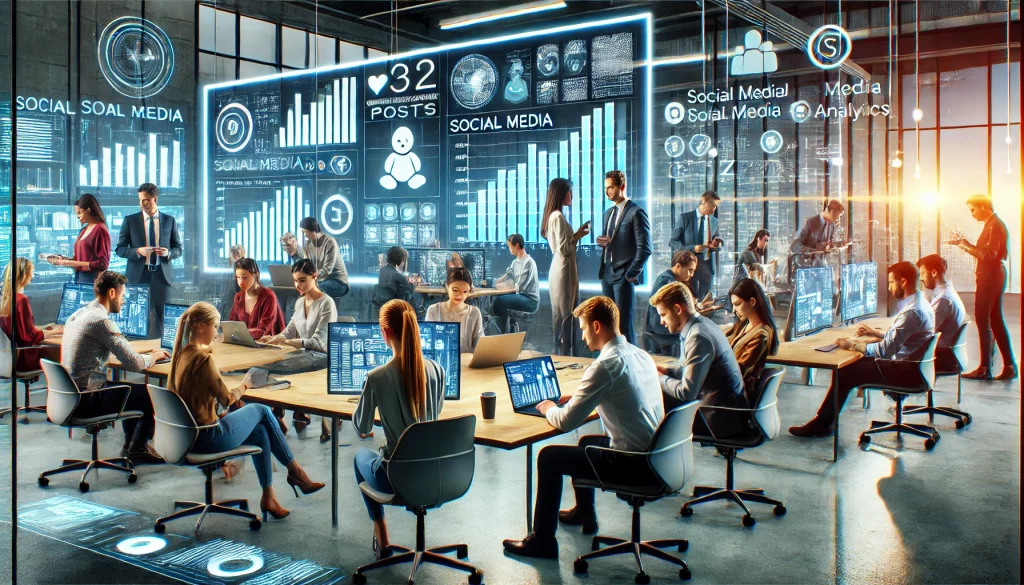In the ever-evolving world of digital marketing, a new phenomenon is taking the corporate world by storm—corporate influencers. Unlike traditional influencers, these are young professionals, often from Gen Z, who are transforming the way companies interact with their audiences.

What Are Corporate Influencers?
Corporate influencers are employees who use their personal brand to promote their company’s values, culture, and products. They blend authenticity with professionalism, making brands relatable to today’s consumers. This trend thrives on platforms like LinkedIn, TikTok, and Instagram, where Gen Z excels in creating engaging and innovative content.
Why Gen Z?
Gen Z professionals are digital natives. Their natural ability to create viral, trend-driven content aligns perfectly with what audiences crave. According to recent studies, 72% of consumers trust an individual’s recommendation more than traditional advertisements. With Gen Z’s knack for storytelling, they bridge the gap between companies and their audiences.
The Benefits for Companies
- Increased Engagement: Employees’ personal networks amplify brand visibility.
- Humanized Branding: Corporate influencers present brands as authentic and approachable.
- Cost-Effective Marketing: Leveraging in-house talent is cheaper than hiring external influencers.
Successful Case Studies
- Lara Sophie Bothur (Deloitte): A TikTok star turned corporate influencer who helped redefine Deloitte’s image for younger audiences.
- Adobe’s Employee Campaigns: Adobe encourages employees to share their experiences, driving thousands of organic impressions.

How to Build a Corporate Influencer Program
- Identify Key Employees: Look for employees who are passionate, creative, and active on social media.
- Provide Training: Equip them with skills in content creation and digital marketing.
- Offer Incentives: Recognize and reward efforts to maintain motivation.
- Monitor and Support: Use tools like Sprout Social or Buffer to track campaign success.
The Future of Corporate Influencing
As brands shift towards more authentic marketing strategies, the demand for corporate influencers will grow. Companies that embrace this trend will not only stay relevant but also create deeper connections with their audiences.




